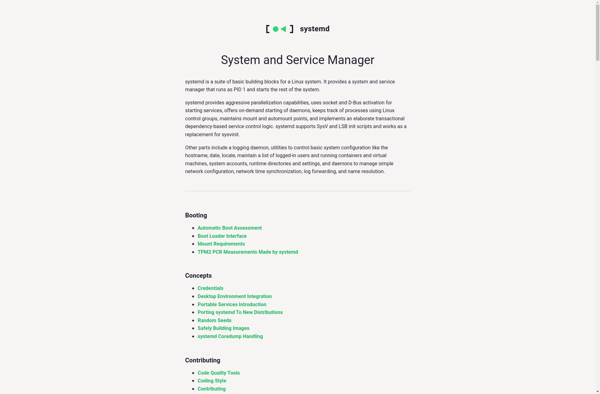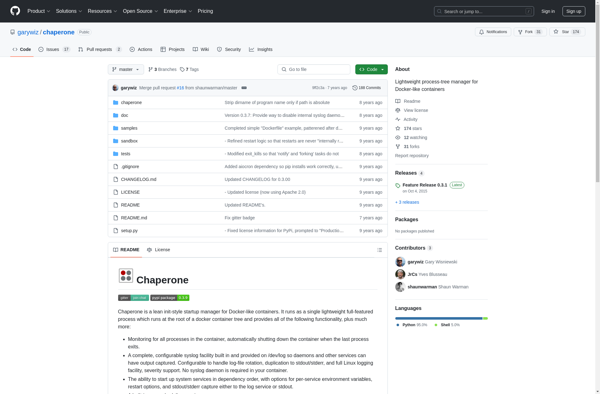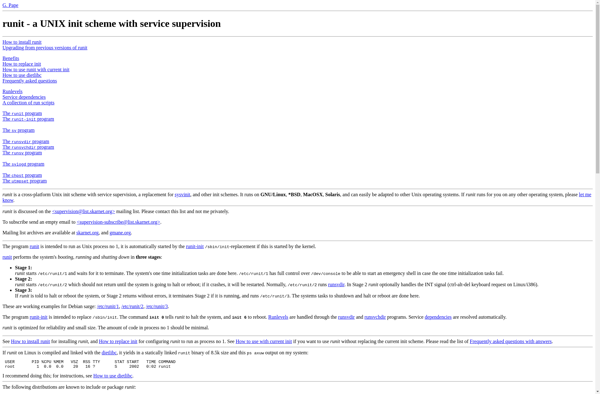Systemd

systemd: A Comprehensive System and Service Manager for Linux
A system and service manager for Linux operating systems, systemd initializes the system at boot time, manages services, and supervises processes, aiming to simplify initialization procedures and configure systems consistently across Linux distributions.
What is Systemd?
systemd is a system and service manager for Linux operating systems that has become the de-facto standard. It initializes the system at boot time, manages services and daemons, supervises processes, and centralizes the logging system.
Some of the key features and goals of systemd include:
- Fast boot times by parallelizing tasks using sockets and D-Bus
- On-demand starting of daemons and services
- Tracking processes using Linux control groups
- Centralized logging and managing logind sessions
- Unified interface for basic system configuration
- Support for snapshotting and restoring the system state
systemd has received criticism as well, mainly about its complexity compared to older init systems, its lack of portability to non-Linux systems, and that its design centralizes too many functions into one component. However, systemd has still been widely adopted by most major Linux distributions due to its technical advantages in many areas. It aims to simplify initialization procedures and configure systems consistently across different distributions.
Systemd Features
Features
- Service management
- On-demand starting of daemons
- Parallelized service startup
- Socket and D-Bus activation for starting services
- Provides transactional dependency-based service control logic
- Resource management for CPU, memory, block I/O, network sockets
- Logging
- Controls getty instances on virtual terminals
Pricing
- Open Source
Pros
Cons
Official Links
Reviews & Ratings
Login to ReviewThe Best Systemd Alternatives
Top Os & Utilities and System Management and other similar apps like Systemd
Here are some alternatives to Systemd:
Suggest an alternative ❐Sysvinit

Chaperone Process Manager

Runit

Nosh
Procd

Bootchart
Eudev
